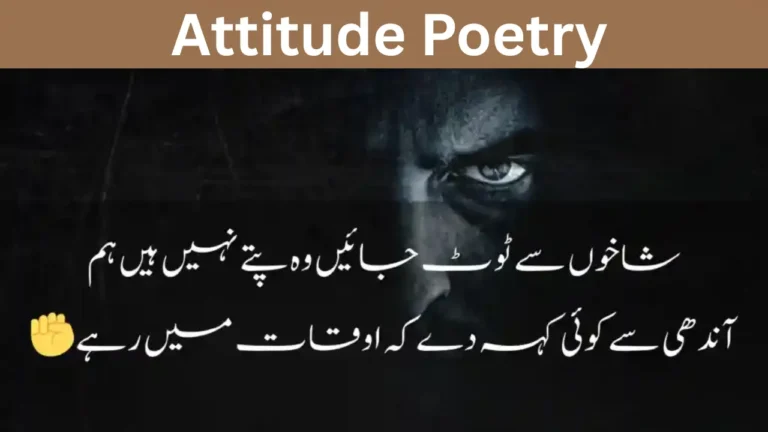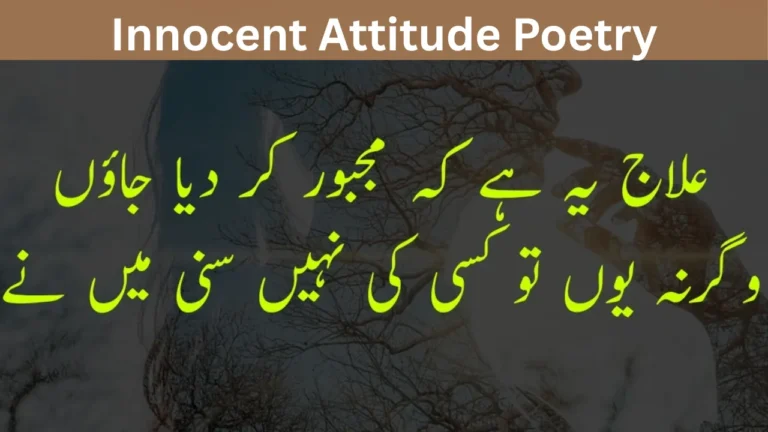Munafiq Poetry Honest Words for Fake People
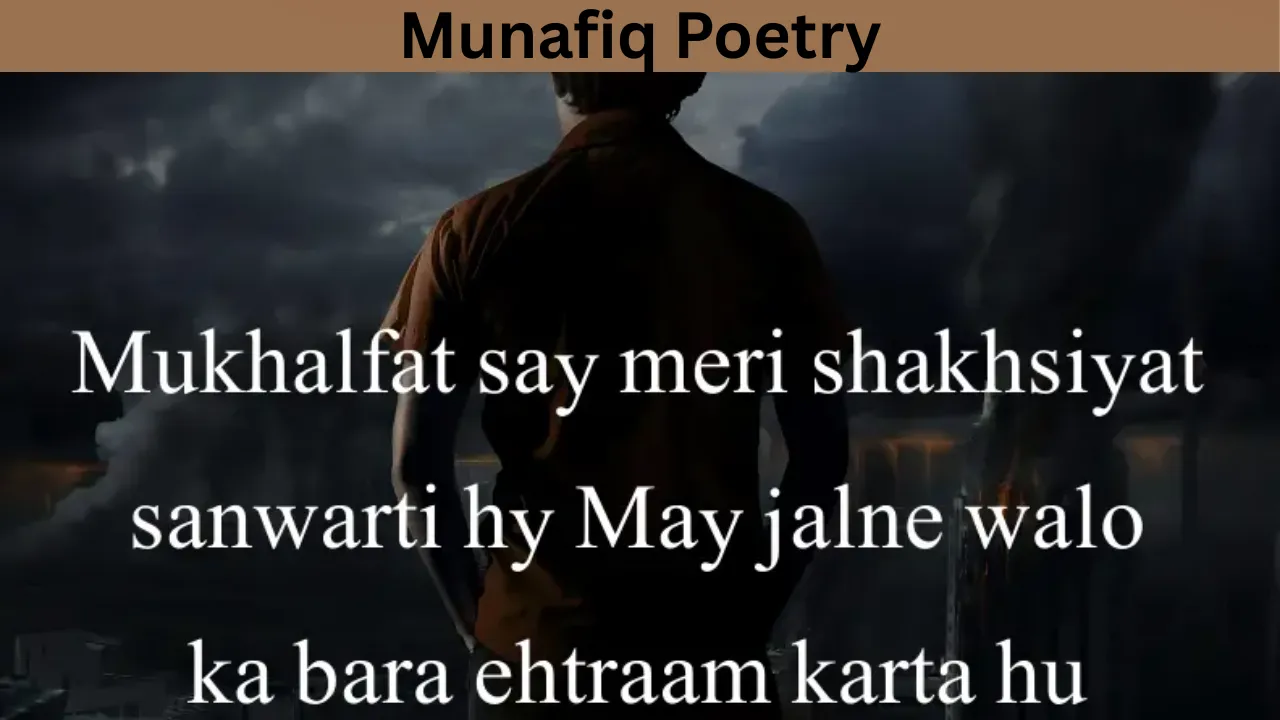
Munafiq poetry captures the pain and betrayal caused by hypocrites—those who wear masks of purity but walk paths of lies. Just like Heart Broken Poetry Expressing Love, Loss, and Healing in Verse, this poetry reveals another kind of heartbreak—the heartbreak caused by two-faced people who smile while stabbing from behind.
This genre goes beyond words; it becomes a voice for truth, warning against false intentions. Let’s explore deep themes of munafiq poetry through powerful, original verses under each section.
What Is Munafiq Poetry?
Munafiq poetry talks about people who pretend to be good but hide evil inside. It’s emotional, spiritual, and very real. These poems uncover the layers of dishonesty with powerful words.
He kneels to pray but plots a sin,
His smile is wide, but dark within.
He whispers peace, then shouts in hate,
He hides the truth behind a gate.
He wears a rosary to deceive,
But even angels do not believe.
His words like honey, heart like coal,
His only god is power and role.
He speaks of faith with glowing eyes,
But every word a bag of lies.
His fasting is just for the crowd,
His actions scream, his soul is loud.
His footsteps soft, but plans are wild,
A snake that hisses while he smiled.
He praises God and curses men,
Then prays again at half past ten.
A mosque he enters, a mosque he leaves,
But steals and hurts behind the sheaves.
He cries at night in public view,
But in the dark, his truth comes through.
He posts a verse, but blocks the poor,
His door is fake, don’t knock his door.
He writes of light, but sells the shade,
He walks with saints but wears a blade.
Munafiq poetry shows us that not all who seem holy are truly righteous.
Munafiq in Religion: Between Faith and Deception
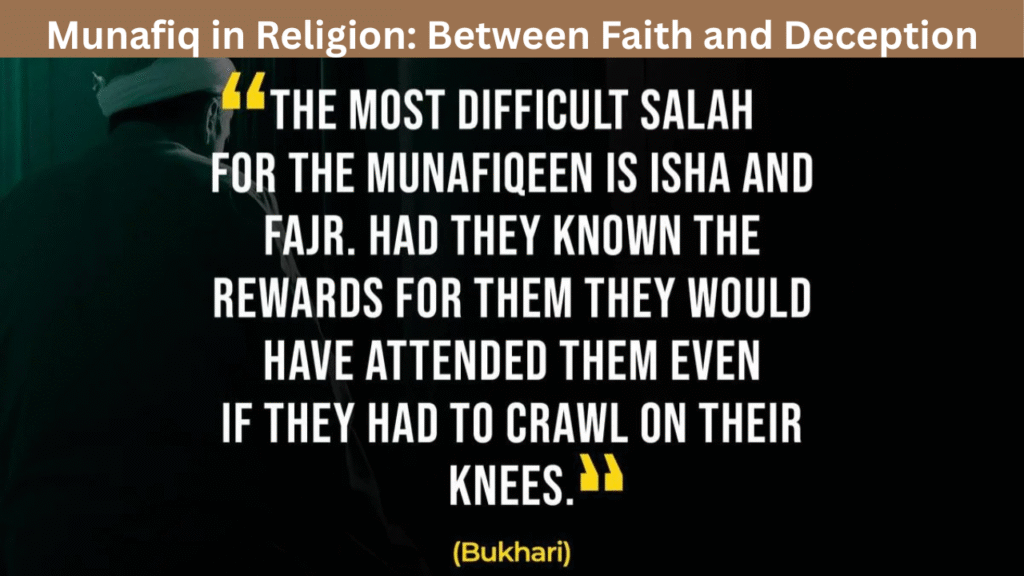
In Islamic teachings, a Munafiq is the worst kind of person. They act religious, but their hearts are empty. Munafiq poetry speaks directly against this kind of hypocrisy.
He calls the azan with perfect tone,
But in his house, sin sits alone.
He builds a wall of holy name,
But burns the truth with secret flame.
He reads the Qur’an, skips its rule,
Then mocks the poor, plays the fool.
He says “Allahu Akbar” loud,
While hiding lies beneath his shroud.
He fasts by day, sins by night,
He speaks of wrong, defends the right.
He says, “I fear the fire of hell,”
But his cold heart no heat can tell.
He bows with us, but stands with pride,
A devil dressed with faith outside.
He offers dates, but steals the bread,
He speaks of life but wishes dead.
His beard is long, his lies are thick,
His prayer’s quick, his cheating slick.
He judges clothes, but not his soul,
His eyes are blind, yet plays the role.
He lectures youth on heaven’s gate,
But paves his road with lies and hate.
He builds a school, then breaks the trust,His golden hands are full of dust.
Through munafiq poetry, we learn that faith is not a show—it lives inside and flows with action.
Munafiq in Society: Two-Faced Friends Among Us
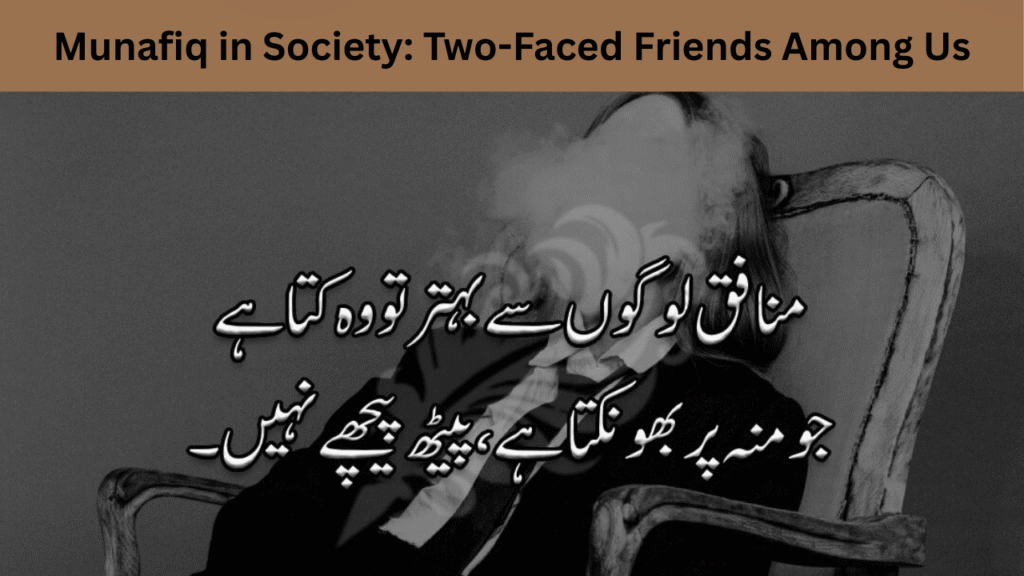
Some munafiqs aren’t in mosques—they’re our friends, our family, even strangers online. They pretend loyalty but break trust. This section explores that social pain.
He laughs with me, then mocks my name,
A player in a friendly game.
His handshake warm, his heart a stone,
He calls me brother, leaves me alone.
He helps in front, but hopes I fall,
His eyes don’t match his caring call.
He claps when I rise, weeps when I win,
Then draws a blade beneath his grin.
He texts me love, then spreads a lie,
He lifts me up, then says goodbye.
He holds my hand, but pulls away,
He prays for me, then hopes I sway.
His promises are wrapped in gold,
But vanish when the night grows cold.
His hugs are strong, intentions fake,
His truth a dream, his care a snake.
He posts my face, tags me “best friend,”
But in his chat, he plans my end.
He speaks of love, then opens war,
His silence louder than a roar.
His heart a cage, his face a key,
He talks of “us,” but thinks of “me.”
His loyalty lasts till he wins,
Then leaves me drowning in my sins.
This is where munafiq poetry meets heartbreak and shows us the masks people wear.
Munafiq and Love: Betrayal in Affection
Love hurts most when it’s fake. When someone pretends to love but only uses your heart, their hypocrisy cuts the deepest.
You told me “forever,” then left so soon,
Your truth faded like a lying moon.
Your eyes said “always,” hands said “never,”
You played me sweet, but loved me never.
You called me “home,” then shut the door,
You whispered love, then roared for war.
You held my dreams, then let them burn,
Your softest kiss had no return.
You said I shine like morning dew,
Then turned to gray when I loved you.
Your lips spoke roses, eyes threw stone,
You built a world, then left me alone.
You cried for me when people saw,
Then laughed alone, without a flaw.
You wore a chain with my name bright,
But cursed it deep in darkest night.
You promised stars, gave me pain,
You danced in sun, left me in rain.
Your love was salt on every scar,
A sweet facade from very far.
You sang of me, then changed the song,
You said “forever,” but not for long.
Your “I love you” was a play,
A stage of lies where I couldn’t stay.
Munafiq poetry in love reveals the agony of being fooled by those who pretended to care.
Munafiq in Death and Silence: Where Truth Shines
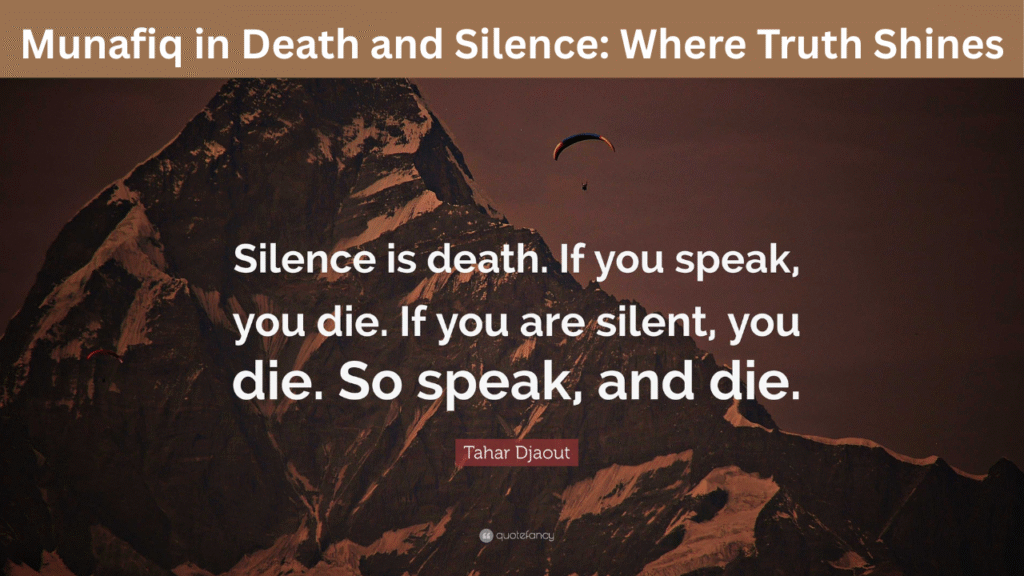
At death, the truth always wins. Hypocrites may fool the world, but not the grave. This is where we connect deeply with Death Poetry in Urdu Pain, Memory, and Eternal Verses.
He dressed in white when death came near,
But couldn’t hide his lies and fear.
He spoke of peace, but left with hate,
The angels knew his sealed fate.
He screamed “I’m pure,” as they arrived,
But all his truths were half-alive.
He spoke in tears, but angels frowned,
His actions lost, his spirit drowned.
His tongue once prayed, his hands had blood,
He preached of love, then called the flood.
His grave is cold, his silence loud,
The truth now screams, no fake allowed.
He feared the fire he once denied,
His name engraved, but truth had died.
His white cloth couldn’t hide the stain,
His life was lies, his death was pain.
His legacy, a burning sheet,
A tale of masks and cold deceit.
He met his Lord, his face now bare,
And wished he’d walked with truth and care.
In munafiq poetry, death becomes the end of masks and the rise of truth.
Conclusion
Munafiq poetry is the cry of the soul against falsehood. It’s a sword made of words, cutting deep into hypocrisy. Whether it’s love, society, religion, or death, these verses show that truth always shines in the end.
He fooled the world but not the skies,
The stars don’t blink at pretty lies.
He wrote his tale with golden ink,
But truth will burn before you blink.
Let this poetry be a lesson. Wear no masks. Live with honesty. Love with purity. Because truth, in the end, always writes the final verse.

